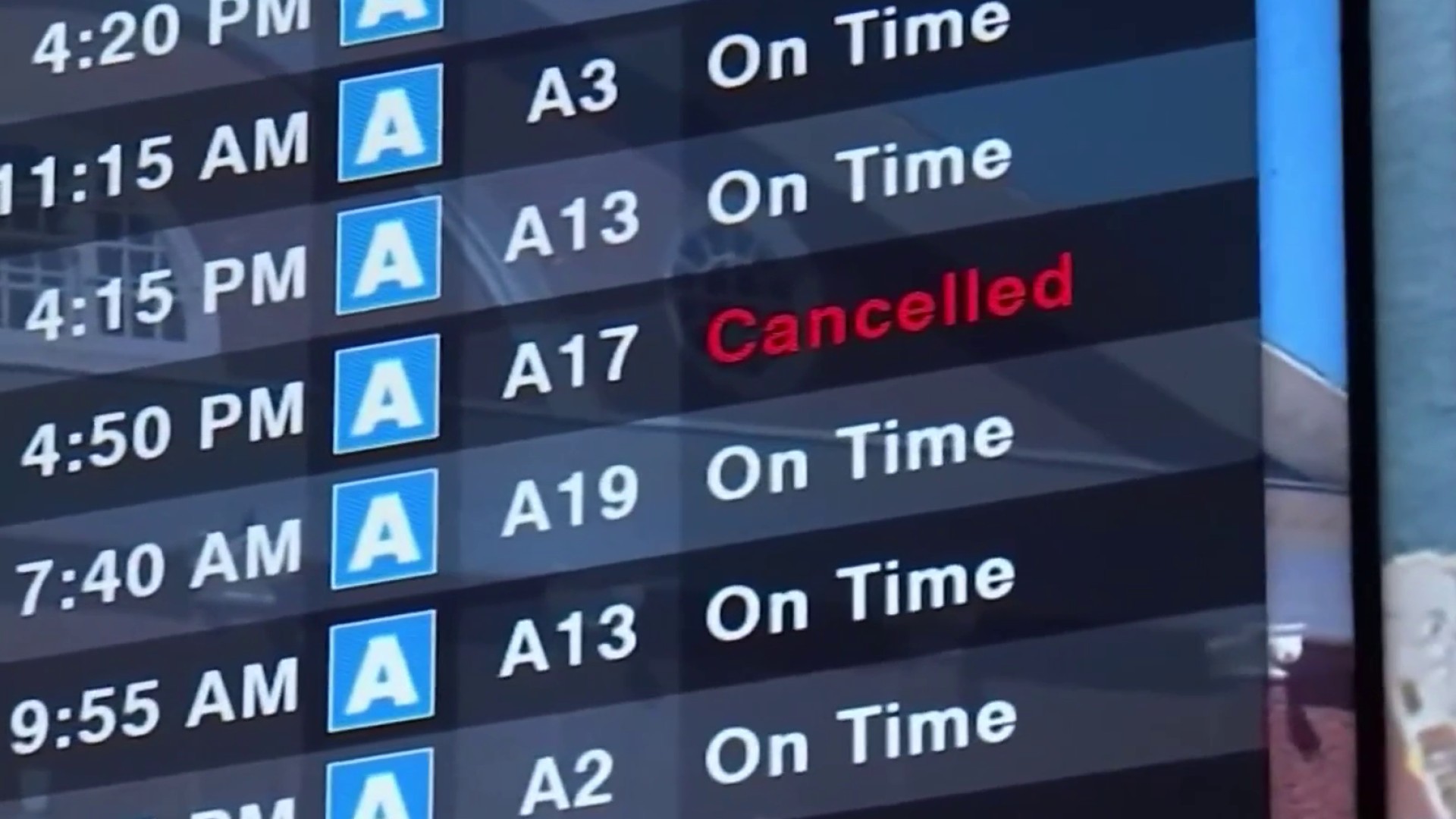Over the years, our NBC Bay Area consumer team has shown you why we need to take online reviews with a grain of salt: reviews can be bought.
San Francisco-based Yelp has rolled out programs to help prevent that. But the NBC Bay Area Responds team found cracks in one.
America is divided in many ways, but a November survey shows we agree on one thing: online reviews. A BrightLocal survey of 1,100 U.S. consumers found 98% read online reviews for local businesses. However, only 49% of the consumers surveyed said they trust consumer reviews as much as they trust a personal recommendation
Yelp created its Elite Squad in 2006: a select group of reviewers it calls “a trusted voice.” Elites get a badge that appears on their posts. The Elite web page boasts the slogan “Real People. Real Reviews.”
“I thought, well, you know what? What could go wrong?” a Yelp Elite we’re calling “PG” told us. He asked us to hide his identity.
PG reviewed a moving company on the Peninsula, giving the moving company five stars for driving long hours to help him.
But has he ever actually used the mover?
Local
“I have not,” PG told us.
PG told us a middleman -- a review “broker” -- wrote a fake review, then paid him $30 to post it word-for-word, as his own.
Get a weekly recap of the latest San Francisco Bay Area housing news. Sign up for NBC Bay Area’s Housing Deconstructed newsletter.
“Well, it was COVID and you know, I'm a little behind on a couple of my payments, and I thought, well, you know what? I get paid for it,” PG said.
“It makes me actually angry about what’s going on, because it’s being allowed,” Kay Dean said of these paid reviews.
From the spare bedroom in her San Jose home, Dean has launched a crusade and a Youtube channel, spending countless hours outing reviewers she feels are fishy. This all began after she started questioning patient testimonials about one of her own doctors.
Dean says PG is not the only Yelp Elite who’s posting fakes. Far from it.
She pointed us to Instagram pages, Facebook groups, and other places where cash-for-review offers appear daily -- in plain sight.
“This is a public group!” Dean said, pointing to a Facebook group she had pulled up on her computer monitor with plenty of recent posts.
When our team messaged people in those groups, one former Yelp Elite told us he was part of an invitation-only online chat that included a few thousand Yelp Elite members who are paid $25 to $50 per fake review.
We asked Facebook and Instagram about these groups.
Instagram said, “we don’t allow people to post or solicit fake or misleading reviews.”
Facebook told us it removes content that engages in, promotes, encourages, or facilitates fake reviews.
We flagged several groups and pages for them. Facebook and Instagram then removed each one for violating their policies.
“These groups come and go, change names and I don’t see that there’s any proactive efforts by Facebook to deal with it,” Dean said.
We asked Yelp about its Elites -- those “real people” with “real reviews” – some being paid to post fake reviews.
Yelp told us it “strictly prohibits offering payment for reviews” and uses tech tools and “human moderation” to sweep for fake reviews. Then, “... if we catch a Yelp user (including Elites) writing (or removing) reviews for compensation we will remove their reviews and close their account.”
Yelp told us it’s “very rare” for Elites to leave compensated reviews, but didn’t say exactly how often that happens. It did say it has closed accounts that Dean flagged.
Dean says that’s not enough. PG agrees: Yelp needs better “Elite” enforcement.
“I think they could do better vetting out reviews that are fake versus doctored or even like mine, where they spoof a check-in,” PG said, noting that he found a way to “check-in” on Yelp to places he’d never actually been to.
PG’s account is still active, still Elite.
After we contacted him, he says he voluntarily deleted some reviews. He expressed remorse, too. After all, his fake mover review remained up for six months.
“I feel bad being an Elite and betraying the community I helped build,” PG admitted.
The Federal Trade Commission told us fake reviews are considered deceptive and the civil penalty can be steep: up to $46,517 for each fake review.
“The FTC has the authority to hold companies responsible for anything they do related to false, fake, or misleading reviews, and they may be required to pay consumer redress or make consumers whole for that,” explained Amber Lee, an attorney in the FTC’s Division of Advertising Practices.
The FTC recently sent a reminder to more than 700 big companies, advertisers, and retailers -- including Yelp, Facebook, and NBC's parent company, Comcast. It put them on notice that “fake reviews and other misleading endorsements” can cost them dearly.
Dean would like to see more aggressive action from regulators and review platforms.
In the meantime, she says the 98% of us who read reviews should scrutinize everything that’s posted.
“Don’t necessarily trust the reviews of a complete stranger that you’ve never met --and actually they may not really be a real person at all,” she said.
If you spot an online review you believe is fake, you can alert the federal government. Just go to: https://reportfraud.ftc.gov/
You can also watch our How To video on how to spot a fake review, which includes expert advice to help you decide what to trust.
Have a consumer complaint? Let us know, so we can help.



